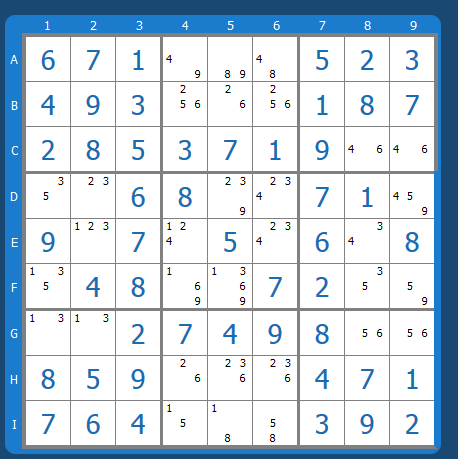The immediate answer is no. Any valid Sudoku can be solved without guessing, just by exhaustively trying all possibilities.
However, there are two interesting variant interpretations of the question:
Are there Sudoku puzzles that can't be solved logically?
This one depends on what you accept as a "logical solution." In the strictest sense, the answer is again no. However, if you define a "logical solution" as excluding brute-force solving, the answer is probably "yes." There is some imprecise agreement on what constitutes a logical solution under this definition in the puzzling community, but based on this, we will again find that yes, there are definitely Sudoku puzzles that have no logical solution.
Thomas Snyder has given an insightful definition of when a puzzle is solvable logically:
When I can solve a puzzle in ink, without erasures, with all deductions either positive or negative coming from visualization in my head and not making scratch-work on the paper, the puzzle is solvable by logic.
Are there Sudoku puzzles that are faster to solve by guessing?
Again, the answer is "yes." In a competitive setting, most solvers would not use the more obscure techniques. After having narrowed possibilities somewhat with realistic techniques, some puzzles "require" guessing so as to not put the solver at a competitive disadvantage.

